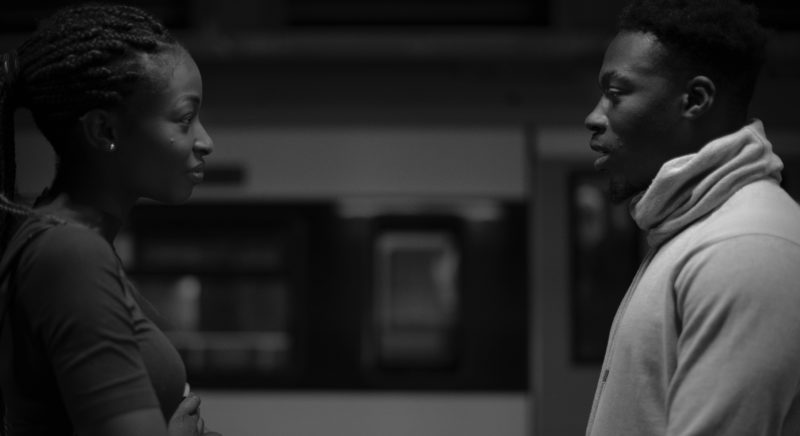Alcohol rehab centers are a valuable tool to help those suffering from alcohol abuse. Unfortunately, there is often much damage done to the addict and their loved ones before they seek help.
According to the National Council on Alcoholism and Drug Dependence, 17.6 million Americans are afflicted by alcohol abuse disorders, with millions more engaging in risky drinking behaviors.
However, this statistic becomes even more powerful when you consider that the family and friends of these addicts are also affected by their alcohol dependence.
How Alcohol Affects Partners and Spouses
More often than not, partners and spouses are the people most affected by the addict’s behavior. This is especially true when addicts and partners live together in the same home. By sharing such an intimate space, the addict cannot hide their problem for long. Actions that the spouse may have brushed off as ‘not a big deal’ while they were dating – like binge drinking – becomes apparent as an alcohol abuse problem once they are living together.
Excessive alcohol can aggravate emotions, and cause mood swings. Couples who receive counseling where one, or both of them, suffer from alcohol abuse report that arguments are a common occurrence. They may be fighting about the addiction itself, or other issues that stem from the addiction – an inability to pay the bills or maintain friendships, for example. Alcohol abuse can also make it difficult for couples to connect; the addict’s prioritizing of alcohol can be hurtful to their partner, causing emotional distance, which eventually results in a lack of communication.
Most importantly, the Bureau of Justice Statistics claims that two-thirds of domestic violence survivors reported that their partner had been drinking. In turn, women who experience domestic violence have significantly higher rates of substance abuse. The ‘ripple effects’ of alcohol and violence go beyond the addict themselves.
How Alcohol Affects Children
The children of alcohol abusers are also deeply affected by their parent’s addiction. Like spouses, children may be emotionally hurt by their parent’s lack of attention or care when they are drinking, and may also suffer physical violence at the hands of a drunk parent.
These formative experiences can have a huge impact on a child’s development. Children of alcoholics are more likely to abuse alcohol and substances in their adulthood, typically seeking out alcoholics as partners and friends in later life. They often suffer from abandonment issues, low self-esteem, depression, and anxiety, and have more trouble succeeding at school.
Friends and Extended Family Relationships
Even for those who are not living with an alcoholic, addiction has a ripple effect. For friends and family, it can be difficult, painful, and even infuriating to see their loved one behave irresponsibly. Many friends and family members are simply not equipped to deal with their abusive loved one. They often want to help, but are not qualified to do so and can end up feeling hopeless or exasperated by the addict’s patterns of alcohol abuse. Unfortunately, in many cases, alcohol abusers do not maintain friendships, except with other ‘drinking buddies’ who reinforce their behavior.
Get Help
The good news is that alcohol abuse is treatable. If the addict is prepared to do the mental and emotional work required and seeks help via a rehab center, they can improve not only their quality of life, but that of their loved ones. Most rehab centers offer family counseling as well as treatment for the addict, helping them cope with their loved one’s addiction.
For more information about alcohol rehab, contact Beachside Rehab to learn about the different treatment options.

